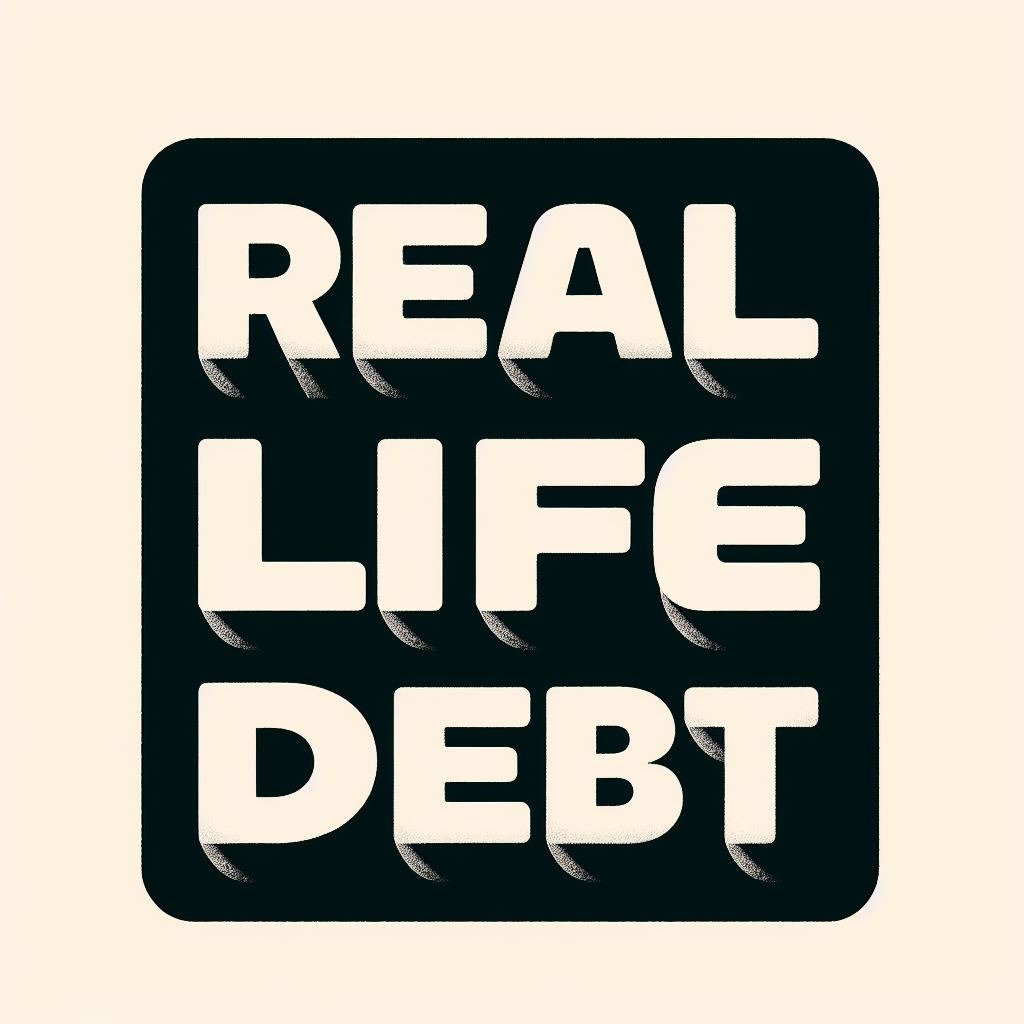1. The less credit I have, the better my score will be.
Um – no. Actually, if you don’t have anything to record, then your credit score can only be worse, not better. The age of your accounts is an important factor, and keeping as little credit as possible is a recipe for a lot of small, spoiled potatoes.
2. I can raise my credit score by asking my credit card company to lower my limit.
As a matter of fact, that’s a quick way to send your credit score south. Your credit score is affected by your balance-to-limit ratio on each of your cards individually, and it’s best if this ratio (also known as the “utilization rate”) is always below 30%.
3. If I close some of my credit card accounts I can raise my score.
This is actually something I used to believe. Come to find out, you should have at least 3 revolving accounts (another name for credit cards). Keep in mind those store and gas cards are not considered revolving accounts.
4. I have to keep a balance to keep a good score.
Remember that utilization rate? It’s actually best if you keep it below 10% – so feel free to keep a zero balance.
5. If I request my credit score it will hurt my credit score.
Nope. Personal and employer inquiries don’t touch your score one bit.
6. I cannot get credit because I had a bankruptcy, dog medical emergency, jet exploded, etc.
Don’t be so hard on yourself. There’s plenty of lenders that specialize in these kinds of cases.
7. Consumer credit counseling will hurt my score.
Most won’t, but some will. Make sure you double check to make sure the company you’re considering won’t hurt your score.
8. If I pay my bills on time and in full each month I will have good credit.
Sorry to burst your bubble, but they don’t consider things like rent, bounced checks, utility bills, or anything of the like in your credit score – unless you’re more than 30 days late.


